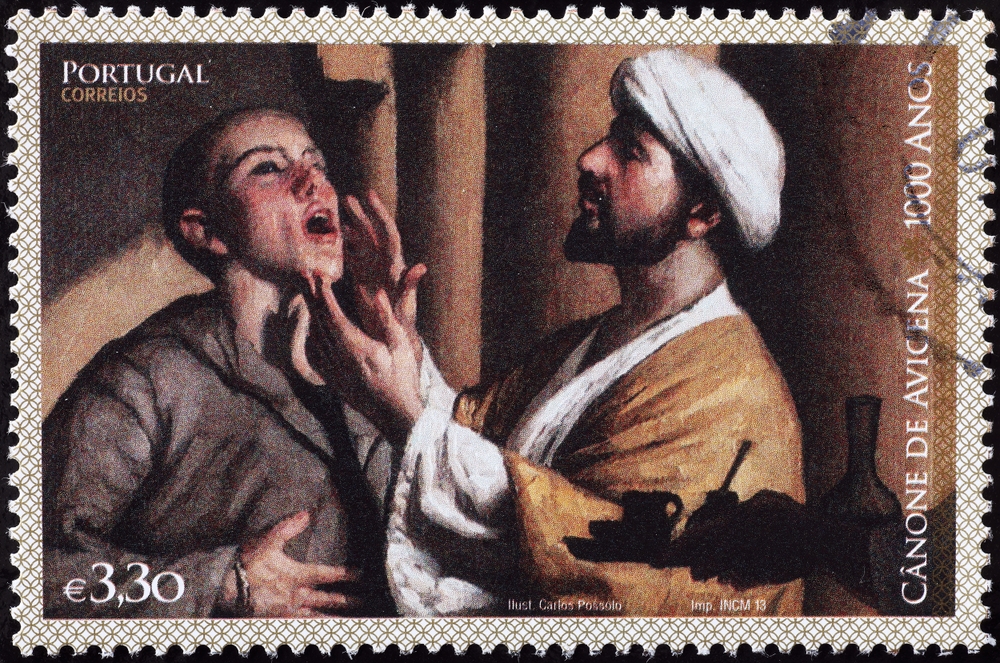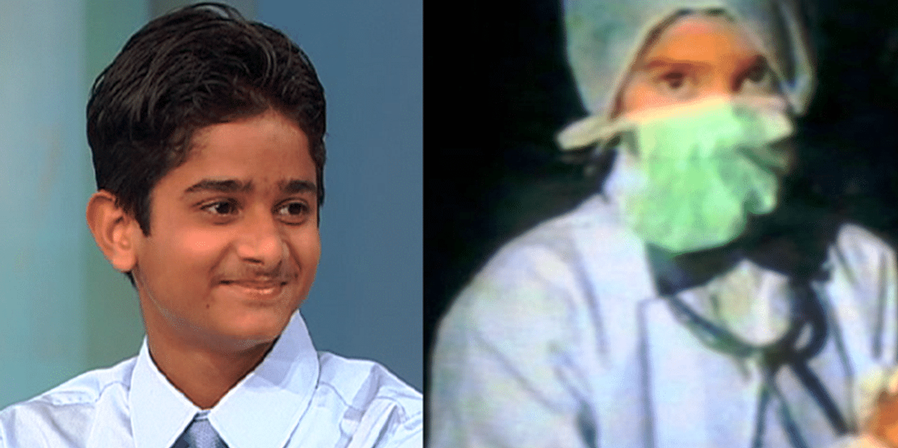Medicine has witnessed remarkable achievements and breakthroughs, with individuals contributing to advancements at various stages of their lives. However, some have made history by becoming doctors at an age when many are still navigating their educational journeys. In this article, we delve into the inspiring stories and facts surrounding the youngest doctors in the history of medicine, highlighting their exceptional dedication and accomplishments.
1. Avicenna

Avicenna, born in northern Persia in 997 A.D., was a highly influential scholar during the Islamic Golden Age. He learned the principles of medicine, astronomy, botany, physics, metaphysics, philosophy, mathematics, and logic. He practiced medicine from 16 and wrote a treatise on it by age 21. The Canon, which he wrote, served as a major source of knowledge for centuries in medical schools throughout Asia and Europe.
2. Balamurali Ambati

Dr. Balamurali Ambati holds the Guinness World Record for being the world’s youngest doctor. Born in 1977 in India, he began his medical studies at New York University’s School of Medicine at 14. Driven by a passion for medicine, Ambati completed his doctorate in 1995, becoming a licensed physician at an astonishing age. His story is a testament to the power of determination and early intellectual prowess in medicine.
3. Sho Yano

Dr. Sho Yano is another prodigy in the realm of medicine. Born in 1990 in Portland, Oregon, Yano exhibited extraordinary intelligence early on. At 12, he entered Loyola University Chicago’s Stritch School of Medicine, becoming the youngest student ever accepted into a U.S. medical school. Yano went on to earn his Ph.D. in molecular genetics and cell biology at the age of 18. His remarkable journey showcases the potential for brilliance to transcend age barriers in pursuing medical knowledge.
4. Heenal Raichura

Heenal Raichura, Britain’s youngest doctor, obtained her Bachelor of Medicine and Bachelor of Surgery from University College London in 2008 at the age of 22. Her I.Q. of 170 helped her accomplish several unique achievements, including starting elementary school at an early age. She added a year to her program of study to earn a degree in Developmental Biology and Anatomy from the same university.
5. Akrit Jaswal

A seven-year-old medical prodigy named Akrit Jaswal performed surgery on a burn injury victim who was a year older than him. Akrit is passionate about helping those who cannot help themselves. He was born in 1993 in a rural village in India, and influential people quickly recognized his intelligence. At 12, he was allowed to take an undergraduate course at Punjab University in Chandigarh, India. Later, he pursued a master’s degree in applied chemistry.
As a child genius, he was featured on the Oprah Winfrey Show. Akrit has a clear goal of finding a cure for cancer and is regarded as exceptionally gifted in medicine. According to Hoax or Fact, his approach to finding a cure is to modify “genes that cause cancer” by using knowledge he acquired from books and the internet. Akrit has performed many surgeries since the first one at the age of 7, and although he is not formally designated as a doctor, he has helped people and saved lives.
6. Riana Helmi

Riana Helmi from Indonesia earned her medical degree at 19 years and nine months. The dean of the faculty praised her social and psychological maturity. She had completed her degree earlier, but Indonesia’s custom of inaugurating physicians delayed the process.
Riana showed her exceptional talent early, reading and writing at three. She used a psychological approach to learning, admiring her instructors and taking a keen interest in each topic. She credits her success to her parents, who taught her discipline in studying.
Factors Contributing to Early Achievement
The stories of these exceptional individuals raise the question: What factors contribute to such early achievements in the medical field?
- Intellectual Precocity: The youngest doctors often exhibit exceptional intellectual abilities from an early age, demonstrating a keen interest and aptitude for the sciences and medicine.
- Early Educational Opportunities: Access to educational programs that cater to the needs of gifted individuals plays a crucial role. Programs allowing young minds to engage with advanced material can foster intellectual growth.
- Supportive Environments: Having supportive families, mentors, and educational institutions that recognize and nurture exceptional talent is essential. A conducive environment encourages young individuals to pursue their passions without unnecessary barriers.
Conclusion
The youngest doctors in the history of medicine serve as beacons of inspiration, challenging conventional notions of when one can enter the healthcare field. Their stories underscore the significance of early educational opportunities, supportive environments, and, most importantly, an unwavering commitment to one’s passion. As we celebrate these remarkable individuals, we are reminded that age is not a limitation but a canvas upon which the brushstrokes of determination and dedication can create extraordinary masterpieces in medicine.
Reference
Sarah. 10 Youngest Doctors in the World | Kansas Healthcare Careers [Internet]. 2013 [cited 2023 Dec 22]. Available from: https://www.kansashealthcarecareers.com/10-youngest-doctors-in-the-world/






